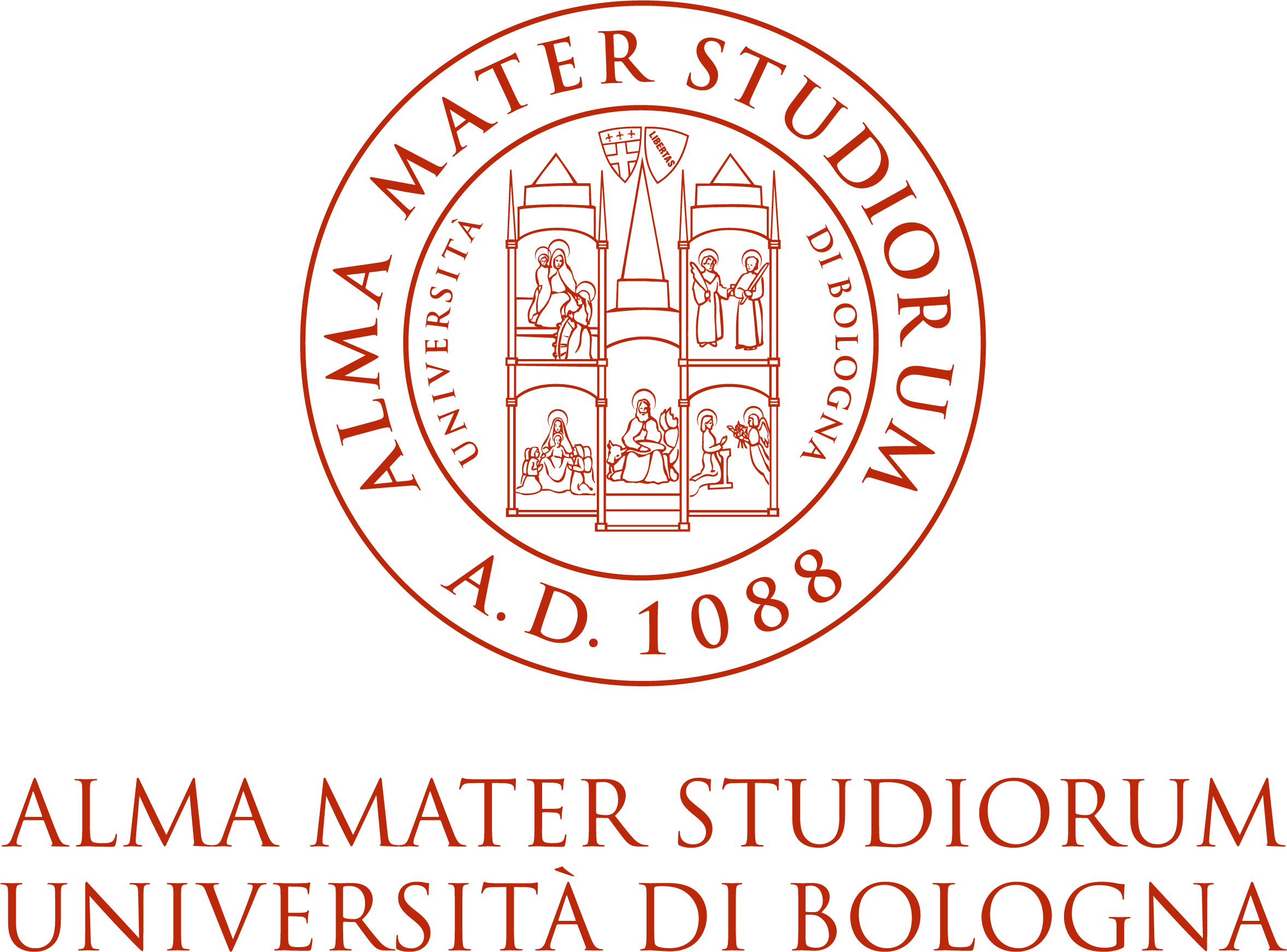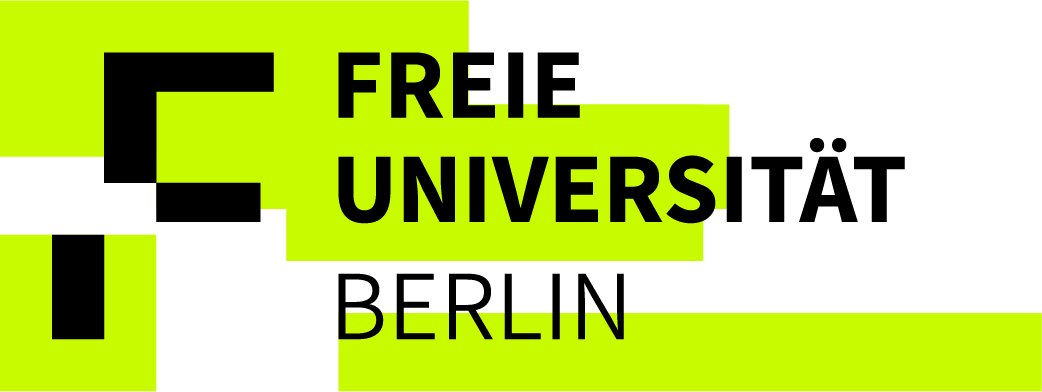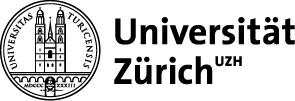Doctoral Programme in Cultural Heritage
Co-developed by
Safeguarding cultural heritage (TRT4)

Safeguarding cultural heritage
In short: Safeguarding our cultural heritage resource. This transnational research theme explores how we can protect our heritage and the research that is required to support protection. Overarching research themes include the practices of conservation and the concepts of adaptation and mitigation.
Cultural Heritage is not an inherently given characteristic of objects, structures or practices. It is the result of the attribution of meaning and values by local or international communities. During the last four decades, the significance of cultural heritage and the values associated with it have become a subject of increasing interest. Definitions and concepts have expanded and changed over time, as have the meanings behind them and the reasons for which heritage is appreciated and protected. The preservation of cultural heritage can be threatened when the attributed meaning becomes diluted or commercialized, when the communities concerned loose access to their cultural heritage, or when external factors (such as climate change) put pressure on the material conditions of preservation. This transnational research theme can address topics as responsible, sustainable, cost-efficient, community-based, long-term and resilient preservation and management of cultural heritage.
Material preservation of cultural heritage
Within Una Europa various research teams have expertise on the material preservation of cultural heritage. Scientific research in the universities involved has contributed to a better understanding of the material properties of cultural heritage and the technical requirements for its preservation and management. Cultural heritage offers a knowledge database that is the embodiment of centuries of experience. Transnational research teams are invited to promote knowledge and evidence-based research and innovation as useful and even necessary tools to implement cost-efficient and community-based strategies aimed at enhancing the preservation and management of cultural heritage.
Safeguarding intangible heritage
Intangible heritage is often difficult to capture. It may disappear when the communities concerned die out. At the same time, intangible heritage is crucial in preserving knowledge (e.g. the expertise of traditional artisans), in complementing our understanding of cultures (e.g. rituals), and in complementing our knowledge of material objects (e.g. oral history on the use of artefacts). Safeguarding intangible cultural heritage also has an impact on the economic activity, employment and well-being of the area. Transnational research teams are invited to propose interdisciplinary research with an inclusive approach to cultural heritage and the communities involved.
Recent cultural heritage
Regarding heritage of recent date, the heritage professional needs to identify possible heritage values and to activate the relevant communities to recognize structures and objects whose preservation may be of great cultural value. In particular with respect to artefacts, the use of new materials and formats creates challenges for their long-term preservation. More research is urgently needed to understand the processes of ageing and decaying. Transnational research teams are invited to propose the study of recent cultural heritage, both from a material point of view, as with respect to governance structures and policy making.
Ethical dimensions of cultural heritage
Cultural meanings of artefacts and buildings change over time. Contemporary appreciation may obstruct or prejudice its future preservation. At the same time, cultural heritage can be a tool in the strengthening of communities. Ethical considerations also apply to the conditions of access, e.g. in balancing the need for public disclosure and the need for safe storage, or in evaluating the financial requirements for preservation against other possible futures for heritage objects.
Climate change and resilience
Today, evidence is mounting that climate change and natural hazards present new and unique challenges for cultural heritage, which will have to deal with uncontrolled change and synergistic impacts (IPCC 2014, World Economic Forum 2018). Transnational research teams are invited to conduct innovative, evidence-based research and produce validated solutions for more climate resilience and resource-efficient approaches to cultural heritage in Europe and beyond.
Koen Van Balen, February 2021
* Partially based on the document explaining HERKUL research priorities. The document is the result of analysis of ongoing and promising cultural heritage related research lines and topics identified through an internal KU Leuven consultation. The other three research priorities of HERKUL are: 1/ Data science and knowledge sharing for cultural heritage, 2/ Cultural heritage as a resource for well-being and sustainable development, and 3/ Connecting/ transversing place & time.
TRT4 Activities
Discover the programs of different TRT4 get togethers: May 25, 2022.
Follow the news of the TRT4 on their website.








